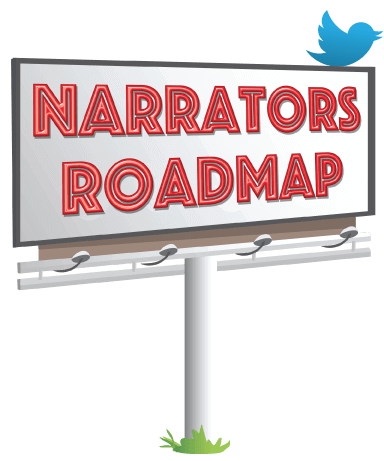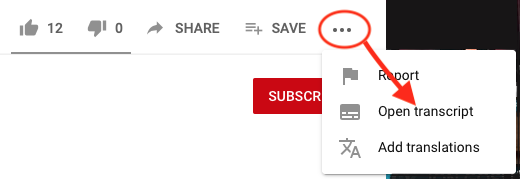Award-winning narrator and casting director Tanya Eby wrote this excellent article Creating Tension in Narration.
* To read the entire article, a subscription may be required to Tanya Eby’s Substack. She is offering a 50% discount to anyone coming from Narrators Roadmap. Follow this link to subscribe with the discount.










